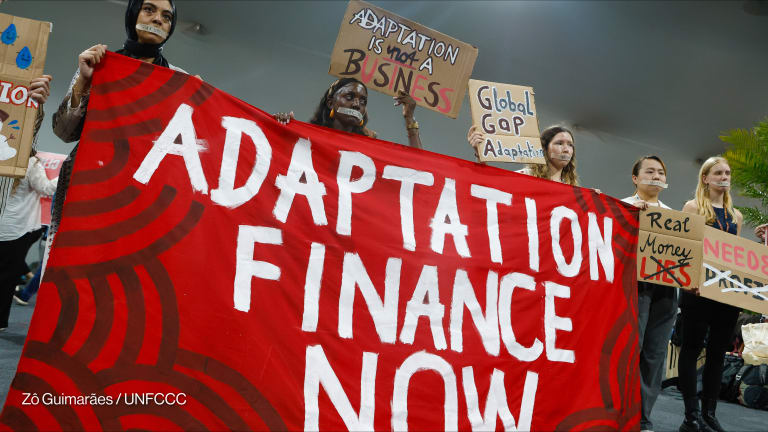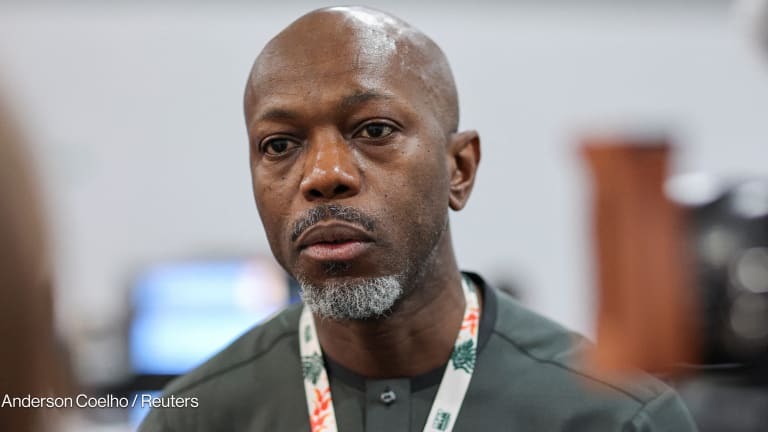
Not only are low-income countries among those to be hardest hit by climate change, but they are also where the costs of adaptation are likely to be highest relative to gross domestic product, according to new research from the International Monetary Fund.
Sign up for Devex Invested
The must-read weekly newsletter that keeps you up to date with news about business, finance, and the SDGs.
Annual adaptation needs will exceed 1% of GDP in about 50 lower-income countries for the next 10 years, IMF said. For some countries on the front lines of climate change, such as small island states, the costs can skyrocket up to 20% of GDP.
The longer countries wait to act, the more the costs will weigh on budgets, said Emanuele Massetti, a senior economist at IMF.
“It’s going to be harder and harder — more and more expensive — to adapt to higher and higher temperatures,” he said at an event Wednesday to launch three new IMF reports looking at solutions within countries’ fiscal policy frameworks.
IMF said it is working on funding with the World Bank and other international organizations. Whether donors will put up funding for new instruments remains to be seen.
Integration: Given the complex development challenges for low-income countries, IMF urged policymakers to “invest in resilient growth, with adaptation fully integrated with other sustainable development goals.” One report argued that governments need to work with the private sector to create a “holistic development strategy,” saying subsidies can play an important role in balancing market failures.
The price of cost-benefit: While cost-benefit analyses can be instrumental for deciding on projects, World Bank climate adviser Stéphane Hallegatte said that projects with the best forecast outcomes are often in wealthy areas, and this can discriminate against the poor.
There needs to be thinking on “how do we keep the cost-benefit analysis idea, [because] we want efficient spending … while protecting the poor and vulnerable,” he said. More generally, he said policymakers need to “spend better” rather than focusing only on spending more.









